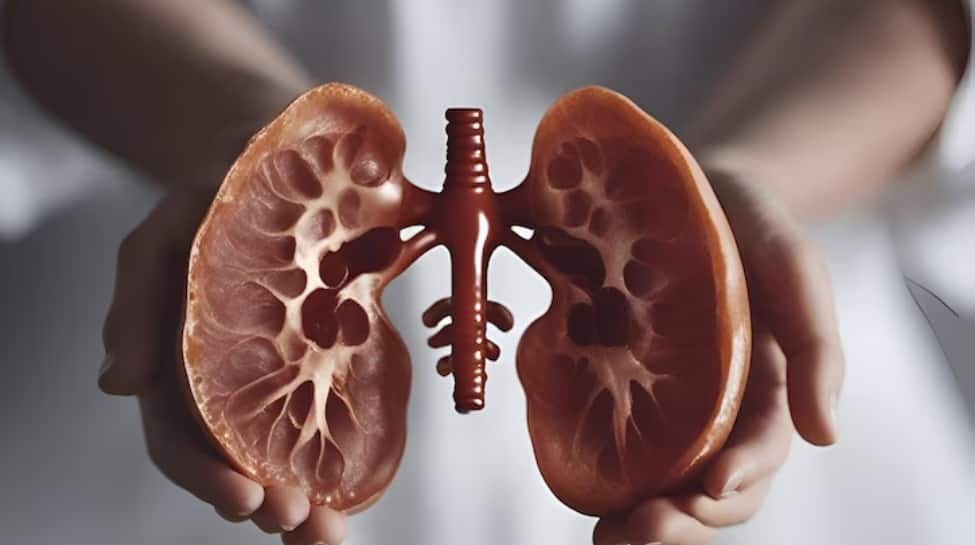[ad_1]
World Kidney Day is observed on March 14 every year to raise awareness about various kidney risks and improve access to treatment.
This year’s theme is Kidney Health for All – Advancing Equitable Access to Care and Best Medicine Practices.
Lifestyle factors like eating unhealthy fast food, lack of exercise are the main reasons for developing kidney disease. These factors lead to other diseases like high blood pressure and diabetes, which increase kidney damage.
“There is data indicating an increase in childhood kidney disease. This increase is linked in part to lifestyle factors such as consumption of processed foods, hidden salt and sugar, and lack of physical activity. These habits contribute to poor overall health, including an increase in diabetes and obesity, both of which cause kidney damage. can,” Poonam Sidana, director of neonatology and pediatrics at Delhi’s CK Birla Hospital, told IANS.
He noted that smoking and alcohol also increase the risk of kidney disease.
Akhila Vasant Hasan, pediatric nephrologist at Narayana Health City, Bangalore, told IANS that the incidence of stones in children has increased globally.
The doctor lamented that “increased salt and protein consumption and increasing prevalence of obesity/metabolic syndrome” account for “75 to 85 percent of kidney stones in children.”
He noted that malnutrition and lack of water can also contribute to the growth of kidney stones.
Furthermore, CKD, often considered an adult disease, can also affect infants and children under the age of five. It is a serious condition where the kidneys gradually lose function over time.
“Approximately 60 percent of childhood CKD arises from structural abnormalities that are sometimes detected during prenatal ultrasound of the mother. In such cases, an ultrasound within the first week of the baby’s birth is crucial for timely detection and treatment,” Madhura Phadnis Surya Mater & Child Super. Khardkar, consultant pediatric nephrologist at the specialty hospital, told IANS.
For kidney and overall health, doctors recommend maintaining a healthy lifestyle with regular exercise, proper hydration, increased intake of fruits and vegetables, and, importantly, reduced intake of processed foods rich in salt and sugar.
[ad_2]

